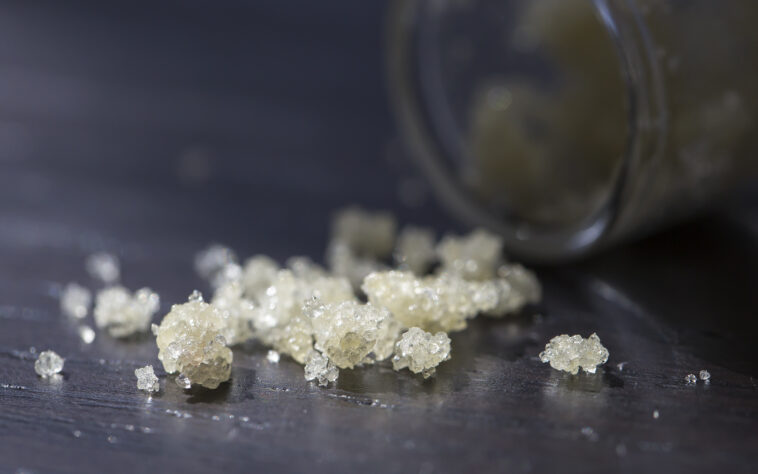In the world of cannabinoids, multiple things can determine the type of cannabis you are consuming. There is THC, which is what provides the psychoactive effect to the consumer. And then there is THCA, which doesn’t cause a high.
THC and THCA have quite a few differences in chemistry. However, in terms of usage and dosage, they are essentially interchangeable for someone who wants to experience cannabinoids without getting high. In this article, we will compare and contrast the two to show you their differences, advantages, disadvantages, and usage.
What is THCA?
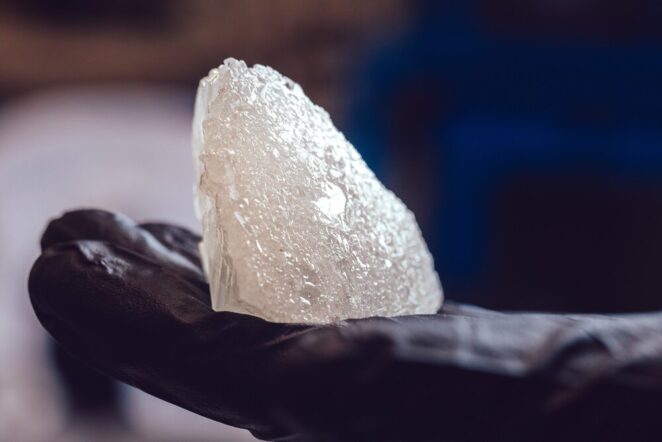
THCA is an acid that is acidic in nature. It’s also known as THC acid. This acid is derived from cannabidiol (CBD), a psychoactive cannabinoid in marijuana that produces a high feeling for consumers. During the growth of cannabis, cannabinoids are made in the form of carboxylic acids, which typically transform into non-acidic compounds through decarboxylation.
Most cannabinoids begin in acidic forms, exhibiting distinct structures and effects from their non-acidic counterparts. While thca is present in large quantities in fresh cannabis, it is unstable under controlled storage conditions. When exposed to light and heat, it rapidly undergoes decarboxylation, transforming into THC.
What does thca do?
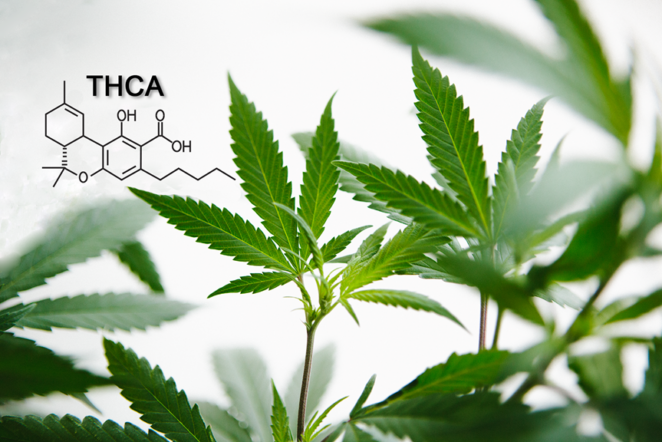
Unlike THC, which is responsible for the psychoactive effects of cannabis, THCA does not cause any high. Instead, it has been suggested that THCA has anti-inflammatory and anti-emetic properties. This help treats various symptoms associated with health issues such as autism, cancer, HIV/AIDS, and epilepsy.
However, some studies have indicated that THCA can help treat several of these issues, but it’s not as potent as THC. Not only that, but THCA has also been linked to having some positive effects on the human body from a non-medical perspective.
How to consume THCA?
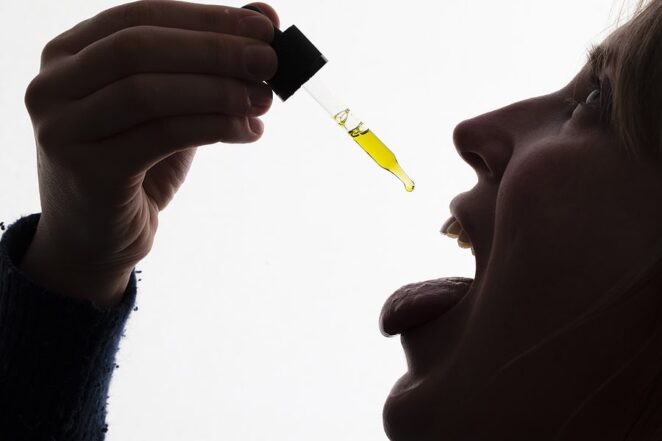
THCA, much like THC and CBD, can be consumed in various ways. It can be turned into a tincture, ingestible, or inhaled through vaporizing. The tincture is believed to be the most effective way to consume THCA, as it’s easier to absorb than any other method.
Not only that, but some studies have shown that it poses fewer risks than smoking a form of cannabis that has been decarboxylated. But in the case of THC, you can consume it raw if you are careful not to expose it to heat.
What’s the difference between THC and THCA?
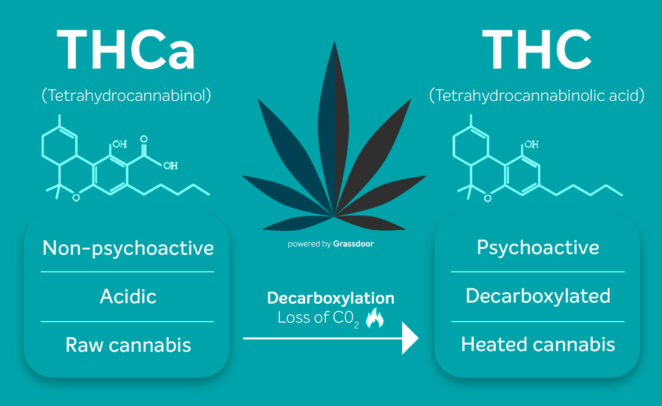
As we’ve mentioned above, THC is an active compound that causes a psychoactive effect on the human body without fail. It’s been found that its intake leads to an increase in heart rate, decreased blood pressure, and increased appetite. In addition to this, THC has also been linked to treating nausea, pain, and muscle spasms.
In contrast, THCA has no psychoactive effects because it doesn’t lead to a high feeling. THCA has been dubbed the “non-psychoactive” cannabinoid, contrary to THC.
Not only that, but these two compounds also exhibit different properties from each other. THC has been deemed an effective pain reliever, while THCA has been associated with treating inflammation and nausea.
FAQs:
Q. Is a higher THCA better?
Not necessarily. The amount of THCA doesn’t correlate with the potency of cannabis. In fact, the higher it is decarboxylated (or heated), the more potent it becomes. This can be a problem if you don’t want to get high, as heat also oxidizes cannabinoids, destroying some health benefits.
Watch out for UV-reflective bubble bags that are sometimes used to process cannabis, as this can also lead to oxidation and degradation of cannabinoids (THCA or otherwise)
Q. Is THCA psychoactive?
No, it is not psychoactive. Studies show that THCA is a non-psychoactive compound, unlike THC. It will not lead to any high or altered state of mind.
Q. What are the benefits of THCA?
This cannabinoid has been found to have anti-inflammatory and anti-emetic properties. It can also help treat nausea, vomiting, and muscle spasms associated with Parkinson’s and Huntington’s disease and multiple sclerosis (MS).
Q. What is a good THCA level?
Keep in mind that THCA levels are not what determine the potency of cannabis. In other words, a higher amount of THCA doesn’t equate to a stronger cannabis effect. Also, it doesn’t have any psychoactive properties, so you can consume it in its raw form without any worries that it will cause a high.

